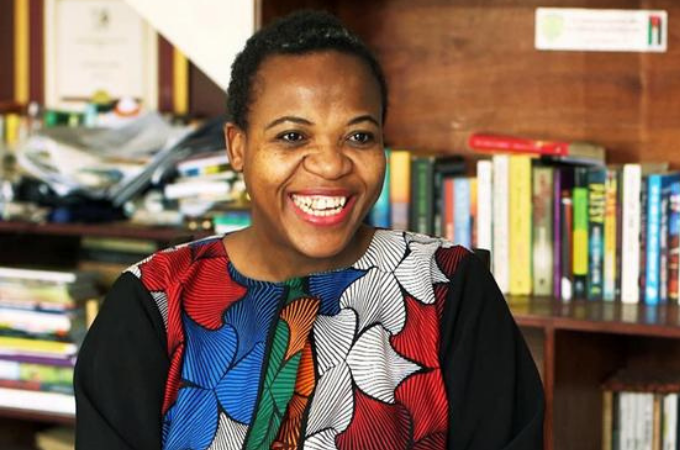
South African author and publisher Zukiswa Wanner recently sat in an interview with German broadcasting corporation Deutsche Welle. She shared her thoughts on a varying range of topics including the significance of Tanzanian author Abdulrazak Gurnah’s Nobel Prize win, the role of literary festivals in fostering a sense of community among African writers and artists, as well as the necessary approaches to curb the harassment and political persecution of literary artists resident in autocratic societies.
Wanner is no strange name to the African literary scene. Primarily regarded as an novelist —with acclaimed titles including London, Capetown, Joburg, Men of the South, and The Madams— she most recently dabbled into festival curation. She launched the Afrolit Sans Frontieres Literary Festival, the first of its kind in the continent, which brought together 16 writers assembled in a virtual festival that was broadcast live on Facebook and Instagram.
Wanner’s work and literary contributions have earned her several honors including the 2020 Goethe Medal Award and the 2020 Brittle Paper African Literary Person of the Year.
Read excerpts from the interview below:
On Gurnah’s historic Nobel Prize for Literature win:
I think it was a brilliant if surprising choice. Gurnah is that writer who has worked at his craft quietly and produced a lot of work, and is perhaps proof that the work rather than public acknowledgements will speak for itself when it matters most.
On the need to protect Writers and Artists from Autocratic Governments:
I think the greatest way to protect thinkers and artists is to have more of them. If we have only one Tsitsi Dangarembga or Wole Soyinka or Stella Nyanzi, it’s easy for any autocratic government to arrest them. However, if there are so many of us speaking up for what is wrong, if speaking up becomes organic in our societies, we will have won against the system. They can never arrest us all.
On the future of African literary festivals:
I have just come back from Pa Gya, a literary festival in Accra, and I seriously believe that the literary festival of the future will be something like what I just experienced there. A combination of virtual and physical on the part of both the festival participants and their audiences. In this way, I imagine literary festivals will be able to reach audiences that they wouldn’t normally be able to access because of travel issues or other reasons.
Head to Deutsche Welle for the full interview.


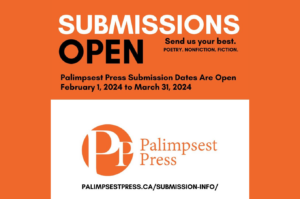
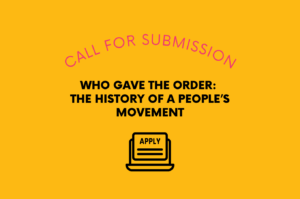


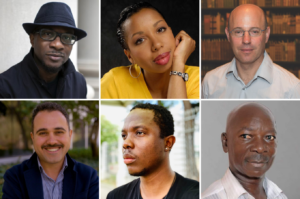
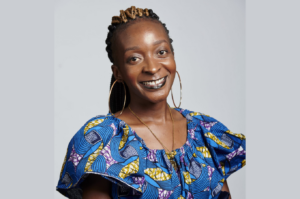

COMMENTS -
Reader Interactions